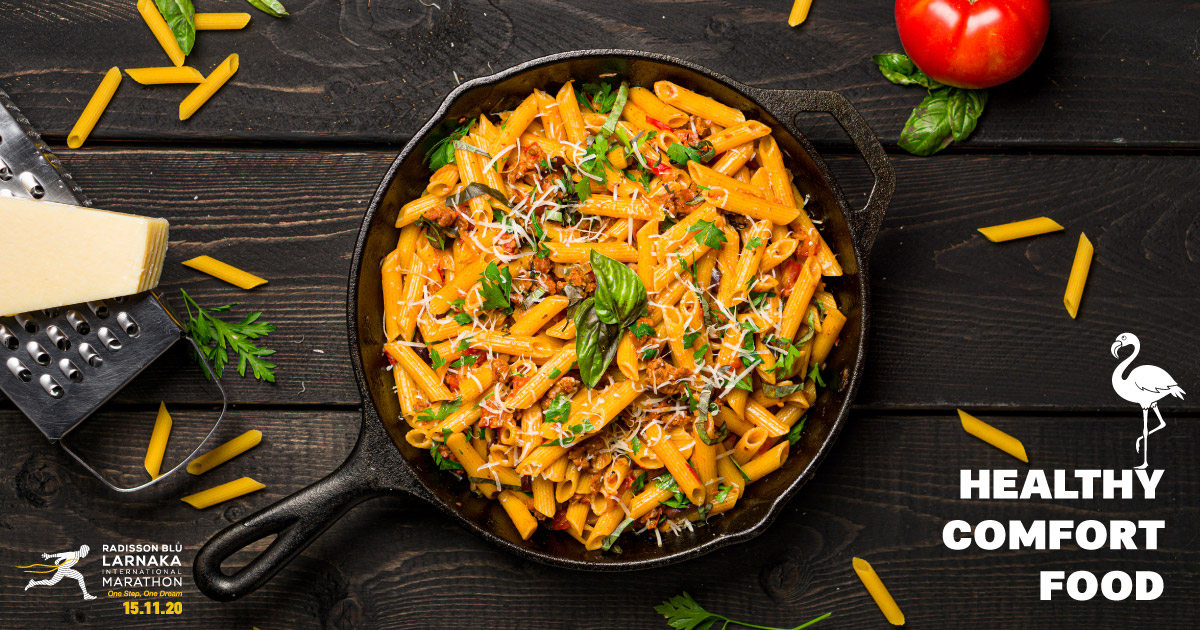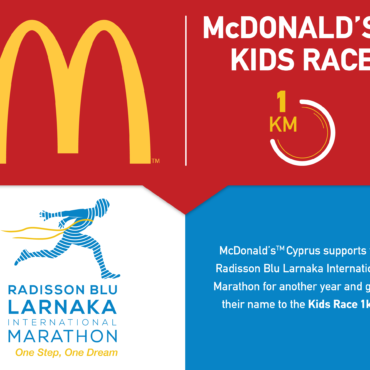The “bad” habits that become a way of life
In times like the one we go through with intense insecurity, anxiety and melancholy, self-destructive behaviours are observed. The person acquires habits such as smoking, drinking too much alcohol, which impairs his health and leads him to wrong dietary choices that result in weight gain or loss. When a person feels intense sadness and stress, the levels of the hormone serotonin decrease and they look for food, which increases its secretion. So there is a strong desire for spaghetti, potatoes, chocolate, cakes, pizza, which, even with scientific evidence, lift our mood.
Emotional Overeating
“Emotional eating” is one of the most common causes of overeating nd the onset of weight disorder. The emotional intake of food is done at all hours of the day, with the most common being after lunch and especially at night (evening overeating). Emotional eating can often lead to overconsumption of food-calories and unwanted weight gain. Experts estimate that 75% of overeating is a response to negative emotions.
The most common comfort foods:
- Milk chocolate, the medicine against melancholy
It causes the greatest pleasure. After consuming milk chocolate rich in carbohydrates, the synthesis of serotonin, the chemical that calms us, increases. - Spaghetti for a good mood
Melancholy may push us to eat a rich pasta dish, which subconsciously raises our psychology. The mechanism of action of pasta is scientifically explained since the consumption of carbohydrates promotes the easier synthesis of serotonin. - Potatoes – Salted nuts – Biscuits – Croissants
It is high in sugar, salt and fat that cause addiction and overconsumption. These ingredients are often found “hidden” in many standardized and packaged foods.
Alternative and healthy comfort food:
1.Dark chocolate
Dark chocolate is rich in antioxidants and tryptophan, which is metabolized to serotonin, which is linked to improving mood. It also contains significant amounts of selenium and magnesium, which boost mood.
2.Banana
Bananas also contain sugars that are metabolized very quickly by providing an immediate source of energy to the body by increasing glucose levels and quickly providing a feeling of well-being. It is a source of vitamin B6 that is involved in the proper functioning of the central nervous system.
3.Foods that contain Omega 3
Fish such as salmon and nuts such as walnuts contain omega 3 fatty acids, which improve mood.
The saffron
Saffron helps deal with stress, sleep disorders and mood swings.
Key questions about emotional overeating
Every morning I put honey in my cereal or bread because it gives me energy to continue?
Daily low honey consumption helps maintain stable blood glucose levels. The antioxidants and some other ingredients contained in honey also seem to have antibacterial action. In general, honey has significant advantages over sugar and we should include it in our diet as a substitute for it.
Should I stop accompanying my meals with yogurt to save calories?
No, yogurt can contribute to weight loss, fat and especially abdominal that threatens health. Due to calcium it causes an increase in the use of fat by the cells and a decrease in the composition of new fat. Low calcium in the body can promote the growth of more and larger fat cells.
What foods will make me feel better on days when I feel intense melancholy?
Studies now show that a Mediterranean diet and its ingredients (olive oil, fruit rich in antioxidants, oily fish rich in omega-3 fatty acids) can play a key role in treating psychological disorders, working anxiolytically, combined “Mediterranean” standard of living and help in situations such as depression. So, once again, the value of this diet is highlighted for maintaining a person’s health and heart health.
How can I separate emotional hunger from biological hunger?
There are two main strategies that can be applied in everyday life and help achieve this difficult goal. Keep a diet diary. When you record what you eat, how much you eat, what time you eat, and how you feel when you eat it, you can draw conclusions about when overeating occurs so that you can deal with it. Try to separate in your mind the times you eat because you are really hungry and the times you eat for other reasons. The basic principle is to disconnect emotional states from eating.
I wake up at night with a strong desire for food and sweets, how can I get rid of it?
You may also suffer from Night Eating Syndrome, where the person wakes up to four times a night and is persistently looking for a snack. The composition of evening meals consists mainly of carbohydrates (about 65%) and proteins, which promotes the production of serotonin in the brain, which causes a feeling of relaxation and calm. Very careful handling is required to treat nocturnal overeating syndrome. The diet plan should consist of 3 main meals (breakfast, lunch and dinner) and 2-3 snacks in between. The time interval between meals should be 2-3 hours to stabilize blood sugar (and insulin) levels, regulate the normal mechanisms of hunger and satiety and restore the balance of neurotransmitters (serotonin and endorphins). We also take care of the preparation of a healthy snack beforehand and have it next to the bed in case we wake up. It is necessary to limit the stimulants (coffee and cola type soft drinks) that contain caffeine and aspartame.
ELENA TROULLIDOU, Clinical Dietitian-Nutritionist specializing in Nosocomial Obesity (BSc (Hons.), MSc (Hons.)) Director and Responsible Clinical Dietitian-Nutritionist of Mythetspot Health Clinic Center.
Phone: 22256752
email: [email protected]
www.mydietspot.com



